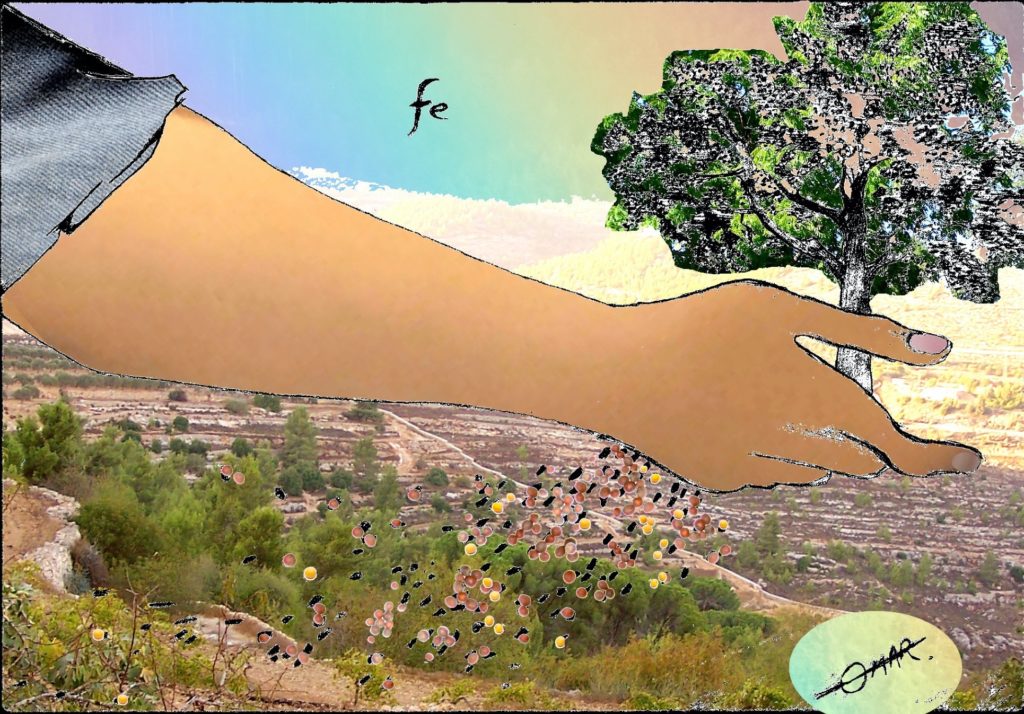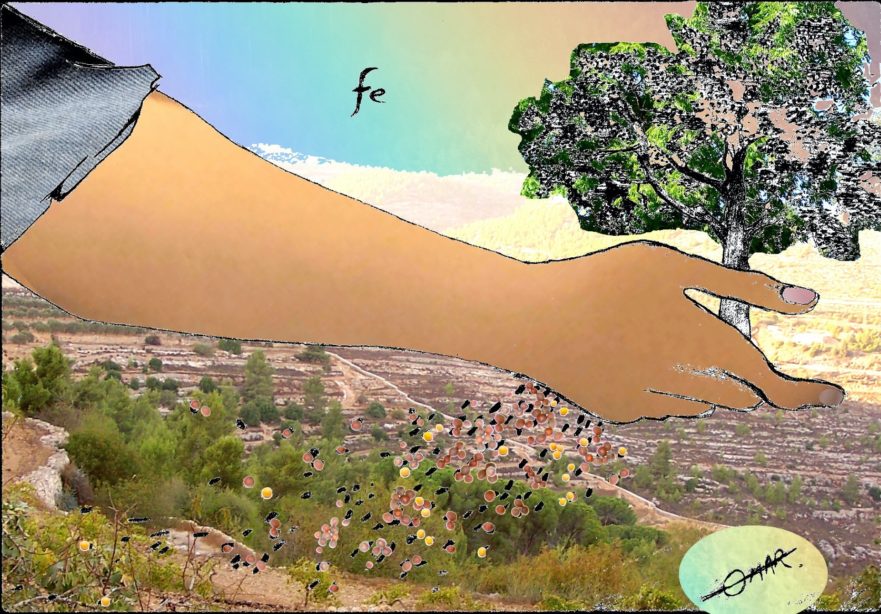How to cite this article:
Joshua N. Tilton and David N. Bivin, “Faith Like a Mustard Seed,” The Life of Yeshua: A Suggested Reconstruction (Jerusalem Perspective, 2022) [https://www.jerusalemperspective.com/25673/].
Matt. 17:20; 21:21-22; Mark 11:22-24; Luke 17:5-6
(Huck 126, 180, 201; Aland 163, 231, 275;
Crook 181, 279, 310)[1]
Updated: 1 November 2023
וַיֹּאמֶר הָאָדוֹן אִם אַתֶּם מַאֲמִינִים אֲפִילּוּ כְעֵין הַחַרְדָּל אַתֶּם אוֹמְרִים לְשִׁקְמָה זוֹ הֵעָקְרִי וְהִנָּטְעִי בַּיָּם וְשׁוֹמַעַת לָכֶם
But the Lord said, “If your trust in God is even like a mustard seed in size, then you could say to a sycamore fig tree, ‘Be uprooted and be transplanted in the sea!’ and it would do as you command.”[2]
| Table of Contents |
|
3. Conjectured Stages of Transmission 5. Comment 8. Conclusion |

.
.
Reconstruction
To view the reconstructed text of Faith Like a Mustard Seed click on the link below:
Paid Content
Premium Members and Friends of JP must be logged in to access this content: Login
If you do not have a paid subscription, please consider registering as a Premium Member starting at $10/month (paid monthly) or only $5/month (paid annually): Register
One Time Purchase Rather Than Membership
Rather than purchasing a membership subscription, you may purchase access to this single page for $1.99 USD. To purchase access we strongly encourage users to first register for a free account with JP (Register), which will make the process of accessing your purchase much simpler. Once you have registered you may login and purchase access to this page at this link:
Conclusion
Luke’s version of Faith Like a Mustard Seed, which of all the canonical versions is probably closest to the original saying, makes a fitting sequel to Quieting a Storm. When Faith Like a Mustard Seed is attached to the end of Quieting a Storm, we see Jesus characteristically turning his followers away from speculations about his person and focusing their intention instead on how they can become participants in God’s redeeming reign over his creation.
 Click here to return to The Life of Yeshua: A Suggested Reconstruction main page.
_______________________________________________________
Click here to return to The Life of Yeshua: A Suggested Reconstruction main page.
_______________________________________________________

- [1] For abbreviations and bibliographical references, see “Introduction to ‘The Life of Yeshua: A Suggested Reconstruction.’” ↩
- [2] This translation is a dynamic rendition of our reconstruction of the conjectured Hebrew source that stands behind the Greek of the Synoptic Gospels. It is not a translation of the Greek text of a canonical source. ↩
































































































